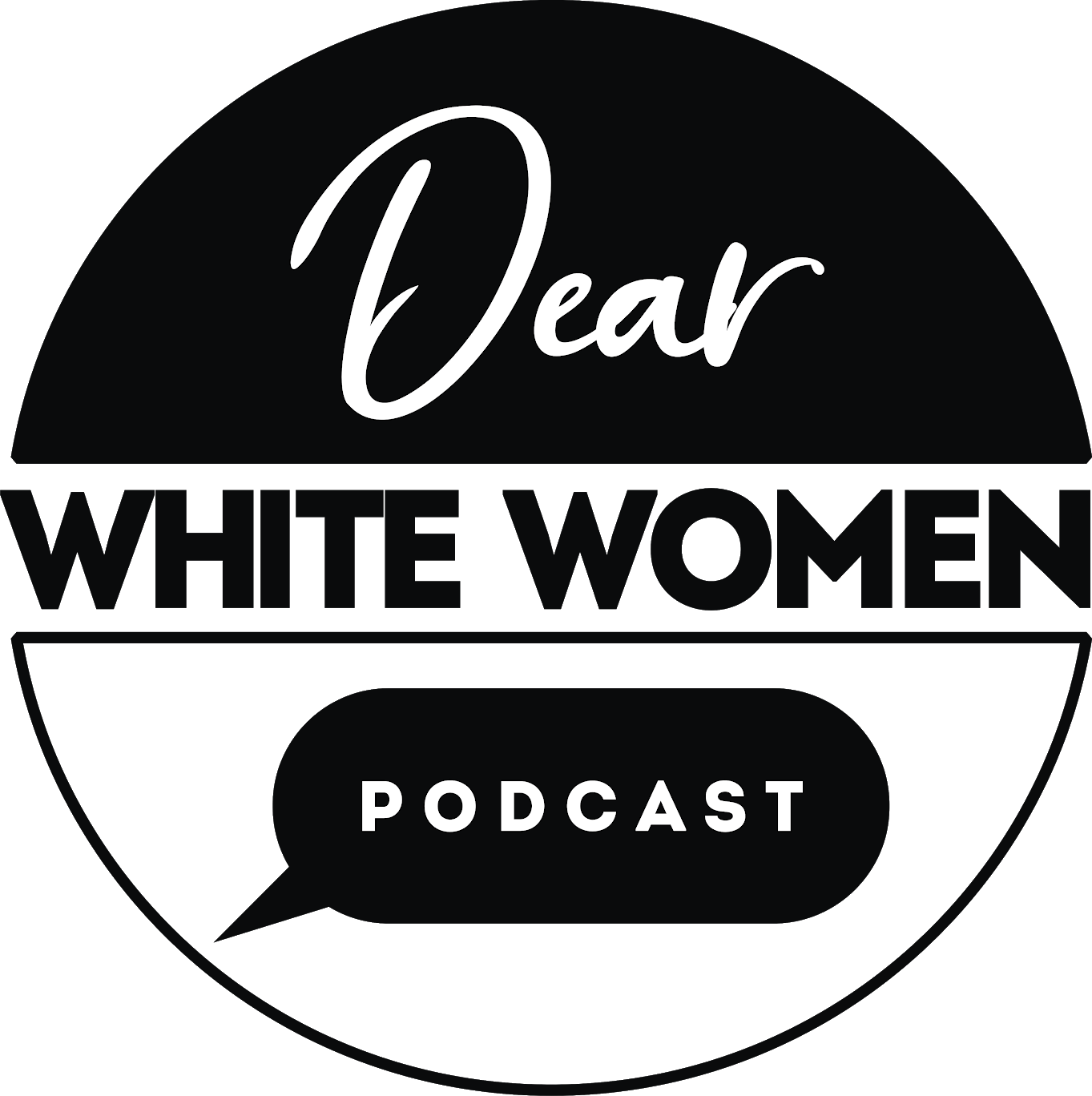Tomorrow, we’ll be wishing our loved ones “akemashite omedetou gozaimasu” - or, Happy New Year, in Japanese. If you’re a long-time listener, you know that DEI work (or whatever we’ll be calling it going forward) is personal to us. We’re both the daughters of a Japanese immigrant parent and a white American parent each; the ideas of multiculturalism and difference are embedded in our DNA, and we were raised to have respect not only for our own diverse histories, but those of all others in the world - after all, we’re each only one of 8 billion people in the world, and you bet that everyone has their own story, their own way of living, thinking, and being in our society.
On top of that, let’s be clear about our chosen families. Misasha is married to a Black man and has two very multiethnic sons who are Black Japanese, and white. We’ve spent years laying the groundwork to help you understand anti-Black racism, deconstruct the model minority myth, and more. Let us be clear - we do this work because if even one person reading, has an a-ha moment and changes their actions, or talks to someone about something they learned here which changes their actions - so Misasha’s boys can come home safe at night, or so you make decisions that might potentially improve or even save the lives of children who look like them - then we will have been successful. Sara is married to a white Canadian man and has two teenage girls the world presumes to be white. Doing the work to challenge our own assumptions about other people matters to us because not everybody is what they seem. Standing against anti-immigration sentiment matters to us; understanding the link between systems of oppression that hurt not only Black people, but neurodivergent people, females, and so many others is critically important to us as well.
So far, we have hosted 262 episodes of the Dear White Women podcast because helping people listen, learn, and act differently to help uproot systemic racism is what we need to make the world truly equitable for ALL of us - this is the foundation, the work starts here. And we cannot do it without your help.
In 2025, we’ll be speaking to organizations - schools, companies, ERGs, and more - about two topics we think are critically important at this point in history:
If you have groups you think would benefit, or know people who could hire us in their organizations, please connect us. You can reach us at hello@dearwhitewomen.com anytime.
Read More




















